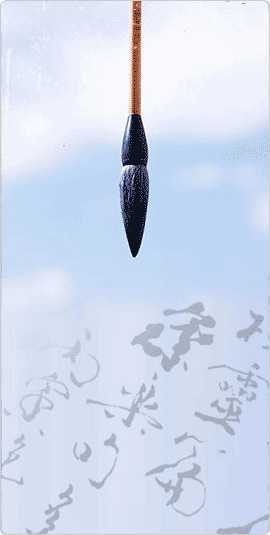Newsletter

Business Chinese (Beginner)
Salutations in Business Communication

称呼 (chēnghu) n. Salutation
先生 (xiānsheng) n. Mr.
"称呼 (Chēnghu) Salutation" refers to the way we address others during social situations. In Chinese business communication, salutations must be both correct and formal. In general, we prefer to use senior and honorific titles, though forms of address will gradually become more informal as the relationship deepens. "先生(xiānsheng) Mr.," "女士 (nǚshì) Lady" and "同志 (tóngzhì) comrade" are normally used to address people with which one has just become acquainted. While getting to know each other, "Xiao X" and "Lao X" can also be used. With very familiar relationships calling each other brother and sister is preferable.
In business situations, we address a man as "先生 (xiānsheng) Mr.," an unmarried lady as "小姐 (xiăojiĕ) Miss" and a married lady as "夫人 (fūrén) madam." But, when we don't know the marital status of a woman, we call her "女士 (nǚshì) Lady." In addition, business greetings should follow this rule "elders first and ladies first." The following are some common salutations for business communication:
Address someone using "his/her surname + title." For example: "王经理 (Wáng jīnglǐ) Manager Wang" and "李主任 (Lǐ zhǔrèn) Director Li."
Address someone by using his/her title or degree. For example: "张博士 (Zhāng bóshì) Doctor Zhang" and "刘教授 (Liú jiàoshòu) Professor Liu."
Address someone using his/her occupation. For example: "警察 (jǐngchá) policeman," "老师 (lăoshī) teacher" and "司机 (sījī) driver."
Address someone by his/her name. This kind of salutation is generally limited to colleagues, acquaintances or between people roughly the same age.
称呼 (chēnghu) n. salutation
称呼 在 商务 交往 中 往往 给 对方 留下 深刻 的 印象。
Salutations in business activities can leave a strong impression.
先生 (xiānsheng) n. Mr.
A: 王 先生, 非常 抱歉, 李 经理 今天 不 在 公司。
Mr. Wang, we are very sorry that Manager Li is not in the office today.
Méiguānxi. Nà míngtiān ne?
B: 没关系。 那 明天 呢?
It doesn't matter. How about tomorrow?



